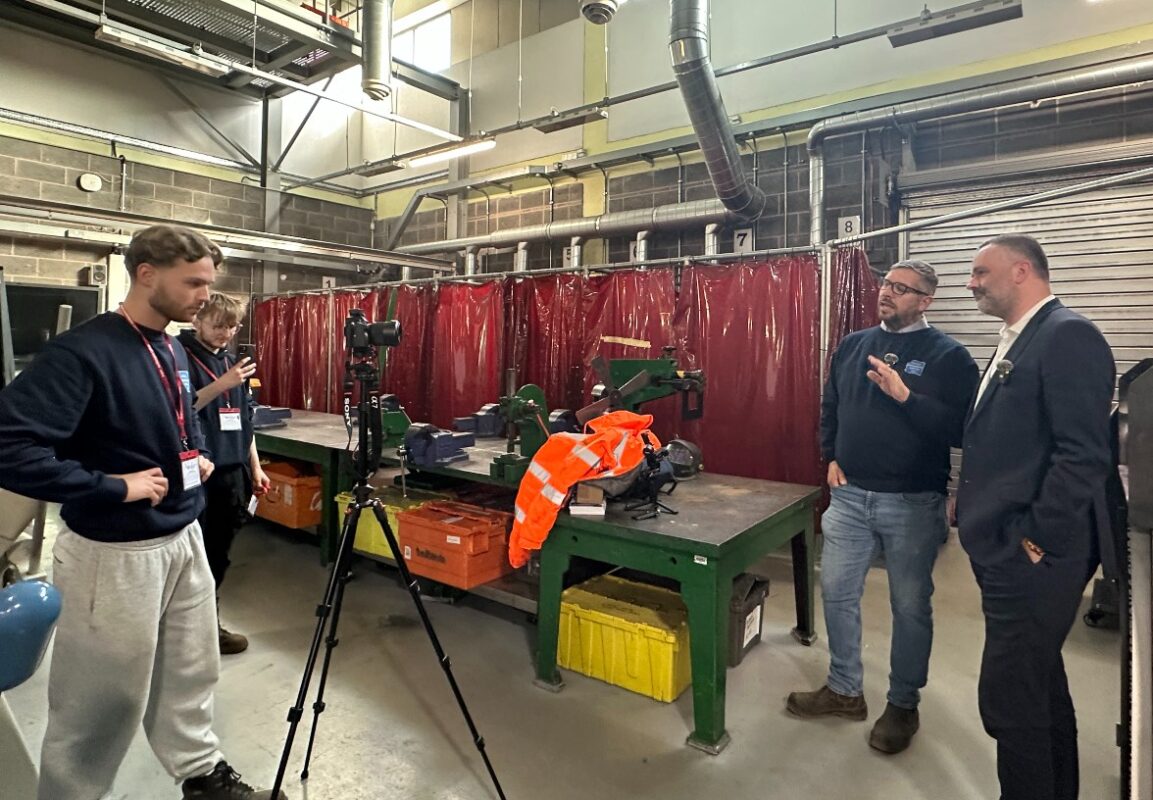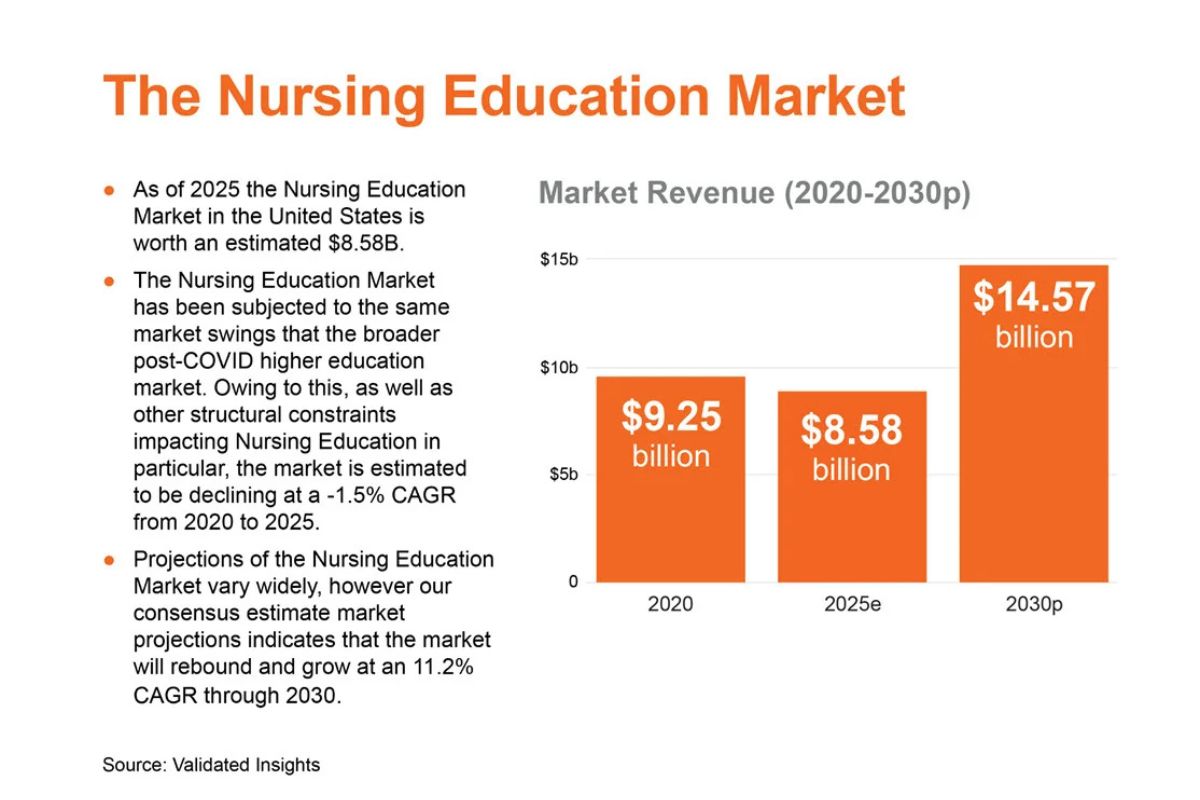Bridging the Gaps: Cross-Sector Collaboration in Tertiary Education

In June 2024, QAA Scotland hosted a pivotal symposium in Glasgow, titled ‘Addressing the Anxiety of Assessment in an AI World.’ This event, which brought together educators, researchers, and leaders from various corners of tertiary education, provided a platform to examine the rapidly evolving impact of generative AI on assessment practices. The discussions offered valuable insights into the challenges and opportunities presented by AI, fostering a space for dialogue and the development of shared solutions.
A Holistic Approach to Tertiary Education
Scotland’s approach to post-16 education stands out for its commitment to a holistically tertiary framework, emphasizing cohesion and collaboration across different educational sectors. Through initiatives like the Tertiary Quality Project, QAA Scotland has cultivated a unique environment where General Further Education Colleges, Higher Education Institutions, and Independent Training Providers work together more closely than is often seen in the rest of the UK. The symposium in Glasgow was a reflection of this ethos, designed to facilitate dialogue across these distinct yet interconnected branches of education. This approach not only strengthens the educational ecosystem in Scotland but also offers a model for how other regions might foster similar cross-sector partnerships.
Cross-Sector Dialogue in Action
The structure of the symposium was intentionally designed to encourage meaningful exchanges between participants from diverse professional backgrounds. Both formally structured sessions and informal networking opportunities were infused with a spirit of cross-sector collaboration. For instance, a workshop titled ‘Confronting Bias and Discrimination when Using Generative AI in Educational Settings’ highlighted the value of bringing together different perspectives to tackle complex issues. Participants, who came from a range of roles within further and higher education institutions, independent training providers, and third-sector organizations, were first asked to share their concerns regarding AI’s potential to perpetuate bias in educational assessments. Following this, they were presented with ongoing research on how AI bias manifests in various contexts, providing a basis for a rich, collaborative discussion. The workshop culminated in a collective effort to devise strategies for mitigating these risks, drawing on the diverse expertise present in the room. This session exemplified how cross-sector dialogue can lead to more nuanced and effective solutions to shared challenges.
The Power of Diverse Perspectives
One of the event’s keynote sessions, ‘Assessment in an AI World,’ co-delivered by Joe Wilson, Digital Skills and Technology Manager at City of Glasgow College, and Dominik Lukes, Assistive Technology Officer at the University of Oxford, showcased the profound impact of combining different professional perspectives. Joe and Dominik’s presentation offered a dual lens on the subject of AI in assessment, blending practical insights with theoretical underpinnings. Joe focused on the emerging technologies being trialled in educational settings and their practical implications for teaching and assessment. His examples included real-world trials aimed at evaluating the effectiveness of these technologies across various skill sets and learning environments. Dominik, on the other hand, provided a more conceptual overview, discussing the principles and processes that underpin these technological applications. Together, they provided a comprehensive understanding of the potential and limitations of AI in the context of tertiary education.
The strength of this collaborative approach became especially apparent during the post-keynote discussion. When a participant asked Joe how the technologies discussed might be adapted to their institution’s unique digital infrastructure, the combined expertise of Joe and Dominik allowed for a more robust response. While Joe initially hesitated to provide specific advice due to the differences in context, Dominik’s contribution of broader theoretical insights helped bridge the gap. By revisiting the core principles from Dominik’s talk, they were able to collaboratively develop a practical solution that could be tailored to the enquirer’s specific circumstances. This interaction highlighted the value of cross-sector collaboration in providing agile, context-sensitive solutions to the challenges faced by tertiary educators.
Creating a Blueprint for Future Collaboration
The Glasgow symposium, while just one event, serves as a powerful microcosm of the potential benefits of cross-sector collaboration in tertiary education. The event’s success in fostering meaningful dialogue across different educational contexts underscores the importance of such interactions in navigating the complex challenges posed by new technologies like AI. As the UK government, under the newly elected Labour administration, hints at a possible shift towards more integrated quality assurance and enhancement strategies across the UK, the lessons learned from Scotland’s approach could become increasingly relevant. Scotland’s emphasis on cross-sector cohesion and its commitment to fostering dialogue across all strands of post-16 education offer a valuable blueprint for other regions to follow.
Moving Forward: The Importance of Cross-Sector Engagement
Looking ahead, the continued evolution of tertiary education will undoubtedly require ongoing collaboration and dialogue across sectors. The Glasgow event demonstrated that when diverse perspectives are brought together, it is possible to generate more comprehensive and effective responses to emerging challenges. Whether dealing with the intricacies of AI in assessment or other future developments, fostering cross-sector engagement will be crucial to ensuring that tertiary education remains adaptive, inclusive, and forward-thinking.
The experiences shared at QAA Scotland’s symposium offer a compelling case for the power of collaboration in education. As the sector continues to evolve, such events will play a crucial role in shaping the future of tertiary education, not just in Scotland but across the wider UK.
By Gary F. Fisher, Learning Design and Online Practice Manager, University of Derby and Zheng Ma, Senior Lecturer in Pubic Health, University of the West of England.











Responses